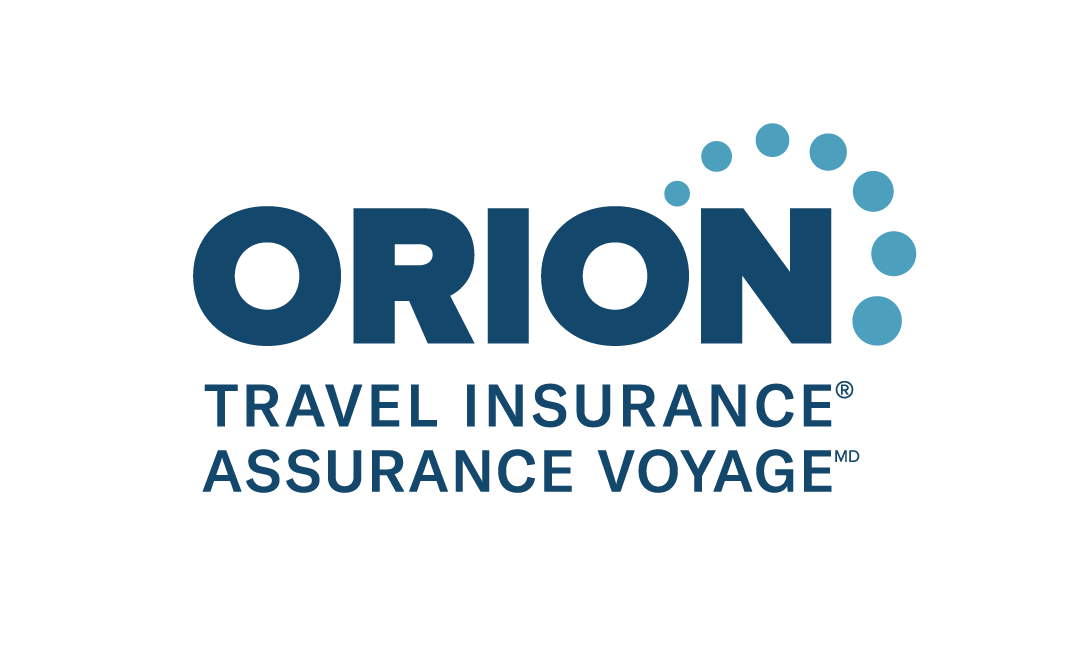
When you’re a business sending your employees away for business travel, or they are travelling on their own, you want to make sure your travel insurance coverage protects both the company and your traveller—especially if your employee has a pre-existing medical condition. Pre-existing conditions can include high blood pressure, a respiratory or heart condition, acid reflux, or anything else requiring treatment before they travel. These can make getting coverage for your employee tricky. Here are five things to look for.
1. Travel insurance coverage should be transparent.
Before your employee travels, ensure they understand what their plan covers and who to contact in a medical emergency. Your insurance company should provide you with clear information to give employees so they understand their coverage. Some companies will only confirm eligibility at the time of claim, leaving travellers not knowing if they will be covered if something happens while travelling.
2. A travel insurance plan that respects employees’ privacy.
Whether travelling for business or leisure, employees shouldn’t have to share information about any pre-existing conditions with their employer to get coverage. Yet most travel insurance providers request medical histories to determine if a traveller meets coverage criteria. Suppose an employee chooses not to disclose a pre-existing medical condition and has a related medical incident while on a business trip, and their claim is denied. Who is responsible for the medical costs? Look for a plan that covers pre-existing conditions, where medical history can remain confidential.
3. A robust plan should include up to $5M in emergency medical coverage.
The financial impact on an uninsured traveller falling ill in the U.S. can be huge. Suppose, for example, your employee’s respiratory condition flared up after being under control, leading to pneumonia. Treatment costs can quickly add up.
4. A travel insurance plan should include repatriation back to Canada.
Sometimes, getting a traveller home for treatment in Canada makes more sense. Not only does our healthcare system cover most costs, but Canadian equipment and treatment may be more sophisticated than where your employee is travelling. Air ambulances and last-minute flights can be costly, so look for coverage that includes those.
5. Ensure that the travel insurance plan pays medical fees up front (where possible).
Not many travellers can afford to pay their medical bills upfront — especially when costs escalate to six figures. Look for an insurance provider that offers direct billing to help travellers avoid out-of-pocket costs.
Orion Insurance is associated with CAA, so you can trust that plans are designed for today’s travellers.
Travel insurance that covers employees’ pre-existing medical conditions is a big benefit — especially when travellers don’t have to disclose them. Many of Orion’s Insurance plans don’t require employees under 70 to satisfy a stability clause for pre-existing conditions, keeping medical histories confidential.
Orion Insurance’s transparent and robust plans include up to $5M in coverage, a repatriation benefit, and upfront payments of medical fees, making it easier for travellers to manage medical costs. Travellers can contact Orion Assistance from anywhere via toll-free phone call, email or on the Orion Travel Aid app, while employers can contact their dedicated Partner Relationship Manager.
To find out more about what Orion Insurance plans offer, email us at orioneb@orionti.ca
Sponsored By:

